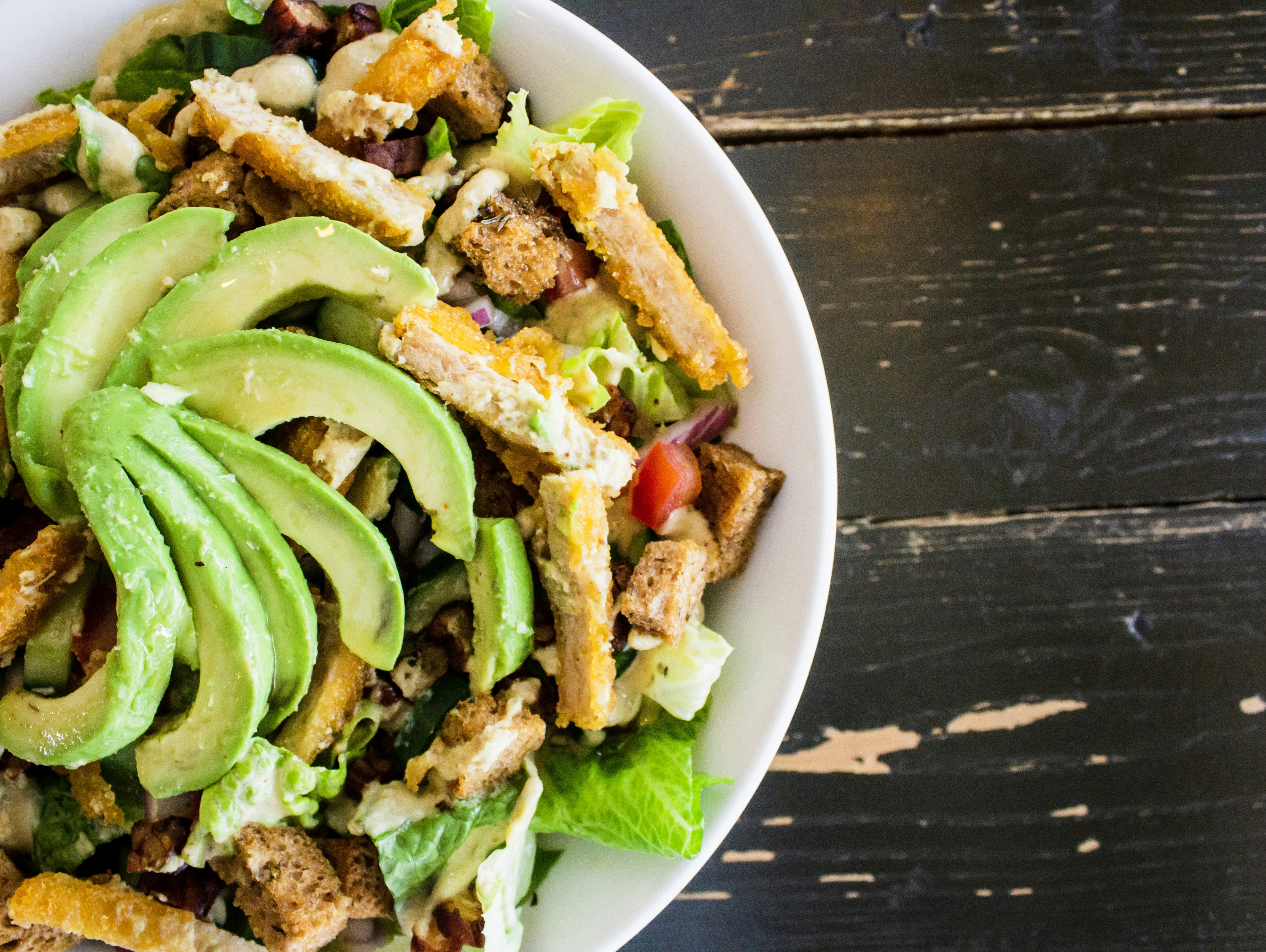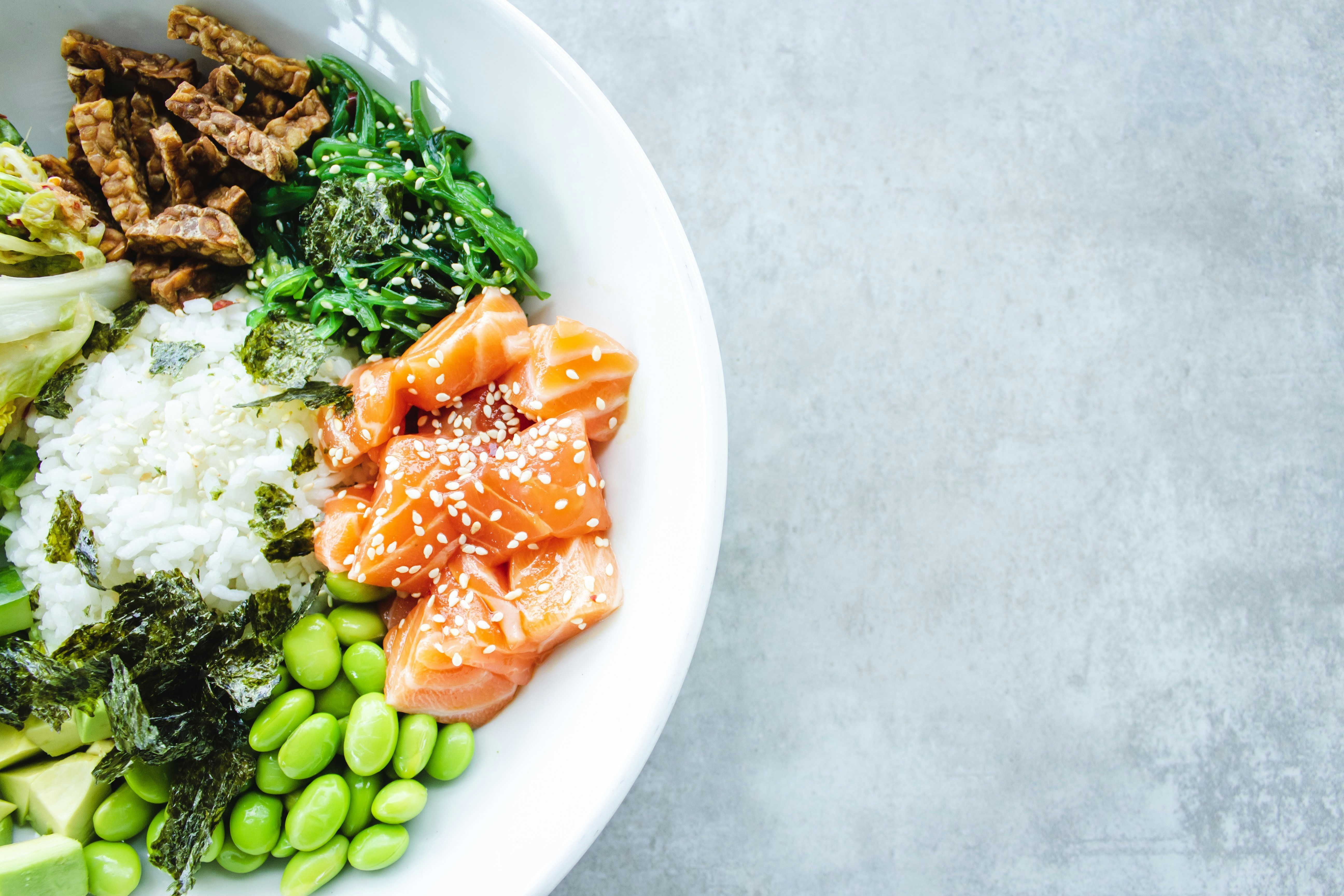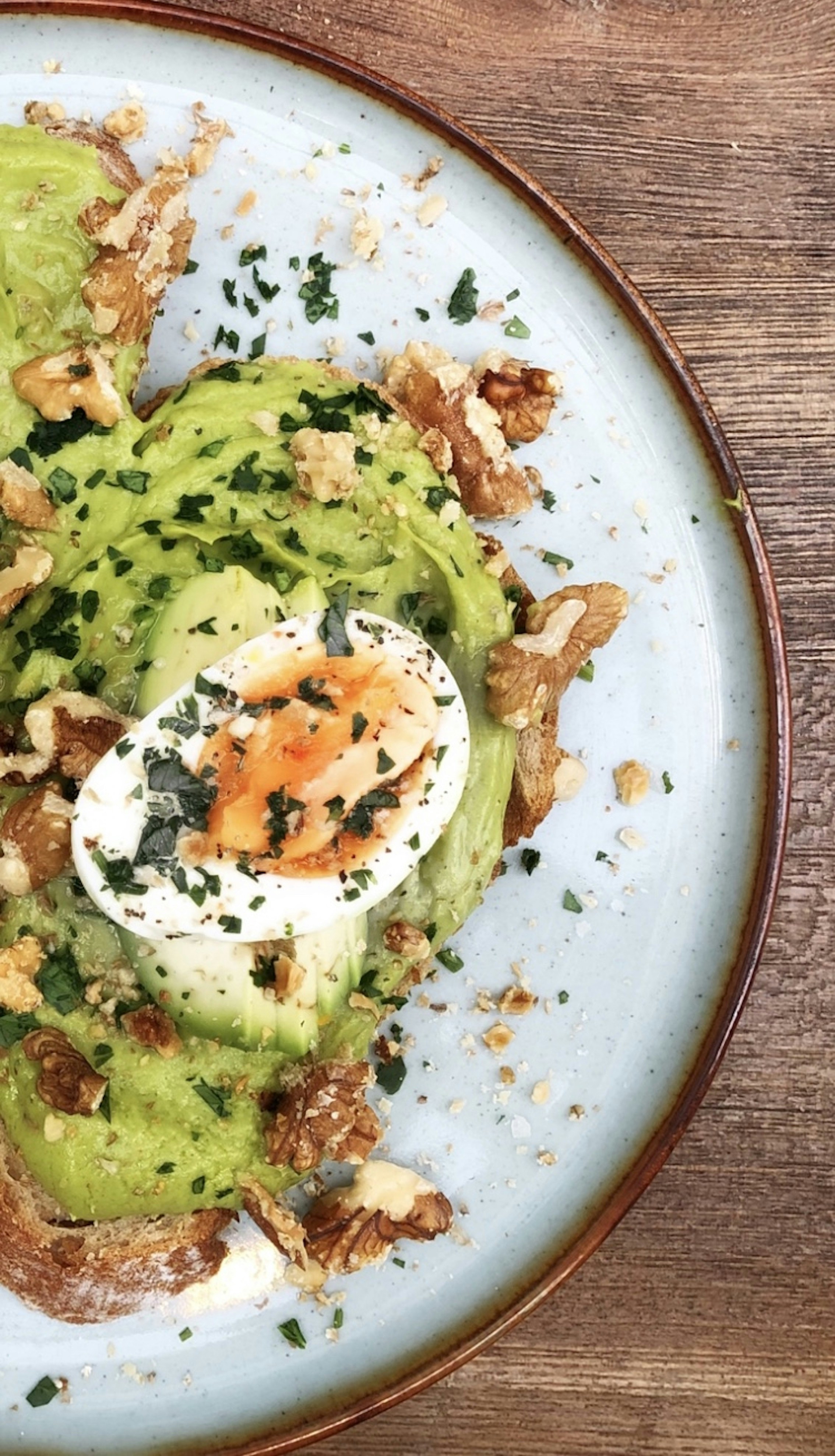So, you’ve embarked on the wondrous journey of the keto diet, hoping to experience the incredible benefits it promises. But a lingering question continues to dance in your mind: Can I indulge in some guilty pleasure and eat junk food while on the keto diet? Well, my friend, let’s explore this tantalizing query together and uncover the truth behind satisfying your cravings without compromising your keto goals. Brace yourself for some enlightening revelations that may just change the way you approach junk food on your keto journey.
Understanding the Keto Diet
Definition of keto diet
The ketogenic diet, commonly known as the keto diet, is a low-carb, high-fat diet that has gained popularity in recent years. It involves drastically reducing carbohydrate intake and replacing it with fat. By doing this, your body enters a state of ketosis, where it begins to burn fat for fuel instead of glucose.
How it works
When you consume a limited amount of carbs, your body’s glycogen stores become depleted. As a result, your liver starts producing ketones from fat sources to provide energy for your brain and muscles. This metabolic state of ketosis is the core principle of the keto diet.
Benefits and downsides
The keto diet has gained attention for its potential benefits. Some people use it as a tool for weight loss, as the reduction in carbohydrates can lead to greater fat burning. Additionally, it may help regulate blood sugar levels, improve mental focus, and increase energy levels.
However, like any diet, there are downsides. The initial transition to a low-carb, high-fat diet can cause symptoms known as the “keto flu,” including fatigue, headaches, and irritability. There is also a potential for nutrient deficiencies if the diet is not properly balanced. Additionally, the restrictive nature of the keto diet may be difficult for some individuals to sustain long-term.
Defining Junk Food
Explaining what constitutes junk food
Junk food refers to highly processed, convenient, and typically low-nutrient foods. They are often high in unhealthy fats, refined sugars, and salt. Common examples of junk food include soda, candy, chips, fast food, and sugary desserts. These foods are typically high in calories and low in essential nutrients, making them a poor choice for overall health.
Why is it considered unhealthy
Junk food is considered unhealthy for several reasons. Most notably, it lacks nutritional value, offering little to no vitamins, minerals, or fiber. Instead, it is packed with empty calories, leading to weight gain and an increased risk of chronic diseases such as obesity, heart disease, and type 2 diabetes. The excessive amounts of added sugars, unhealthy fats, and sodium can also contribute to inflammation and other health issues.
Can Junk Food Fit into a Keto Diet?
Should junk food be part of a keto diet
While the keto diet focuses on limiting carbohydrates, it doesn’t necessarily mean that junk food can fit into this way of eating. Junk food is generally high in carbohydrates and low in beneficial fats, which goes against the principles of the keto diet. However, some individuals may choose to incorporate occasional indulgences or keto-friendly versions of junk food into their diet, as long as it fits within their daily macronutrient and calorie goals.
How junk food affects ketosis
Consuming junk food, even if it is low in carbohydrates, can still affect ketosis in other ways. Many junk foods are high in unhealthy fats and sugar alcohols, which can lead to cravings and potentially disrupt ketosis. Additionally, the processed nature of junk food can impact blood sugar levels, making it harder for your body to stay in a state of ketosis.
Carbohydrates in Junk Food
The role of carbs in a keto diet
Carbohydrates play a crucial role in the keto diet. When consumed in excess, they can cause a spike in blood sugar levels, leading to the production of insulin and hindering weight loss. By keeping carbohydrate intake low, your body is forced to burn fat for energy, leading to weight loss and the state of ketosis.
Why excess carbs from junk food impact the keto diet negatively
Junk food is typically loaded with carbohydrates, often in the form of refined sugars and processed grains. These high-carb ingredients can cause blood sugar spikes and increase insulin secretion, taking your body out of ketosis. Additionally, the lack of fiber in junk food can contribute to digestive issues and make it harder to maintain a healthy gut microbiome, which is essential for overall health.
Sugar and Unhealthy Fats in Junk Food
The effect of sugar and unhealthy fats on the body
Sugar and unhealthy fats found in junk food can have detrimental effects on the body. Consuming excessive amounts of sugar can lead to weight gain, type 2 diabetes, and an increased risk of heart disease. Unhealthy fats, such as trans fats and saturated fats, can contribute to high cholesterol levels, inflammation, and cardiovascular problems.
How these components of junk food conflict with the keto diet
The keto diet emphasizes consuming healthy fats while avoiding excessive sugar and unhealthy fats. Junk food often contains high amounts of both of these components, which can lead to weight gain, an imbalance in cholesterol levels, and other health problems. Additionally, consuming junk food can make it harder to stay within your daily macronutrient goals, resulting in a lack of essential nutrients and increased cravings for unhealthy foods.
Potential Short-Term Effects of Eating Junk Food while on Keto
Possible impact on weight loss
Eating junk food while on a keto diet can have a negative impact on weight loss efforts. Junk food is typically high in calories, unhealthy fats, and added sugars, which can hinder weight loss progress. Moreover, the high glycemic index of junk food can lead to blood sugar spikes and increased insulin levels, interfering with fat burning and potentially causing weight gain.
How it might disrupt ketosis
Junk food can disrupt ketosis by providing excess carbohydrates and affecting blood sugar levels. Consuming junk food can quickly raise blood sugar, causing your body to switch from burning fat to burning glucose. This disruption in ketosis can make it harder for your body to transition back into a state of fat burning and prolong the time it takes to achieve your desired level of ketosis.
Potential Long-Term Effects of Eating Junk Food while on Keto
Increased risk of chronic diseases
Consistently consuming junk food while on a keto diet can increase your risk of developing chronic diseases. Regular intake of unhealthy fats, added sugars, and processed ingredients found in junk food has been linked to obesity, heart disease, type 2 diabetes, and certain types of cancer. These long-term effects can undermine any short-term benefits you may experience from the keto diet.
Potential for weight gain after stopping the keto diet
When transitioning away from the keto diet, indulging in junk food excessively can lead to weight gain. Your body may have become accustomed to the low-carb, high-fat approach of the keto diet, and sudden reintroduction of high-carb, low-nutrient junk food can disrupt your metabolism and lead to weight regain. It is essential to gradually reintroduce carbohydrates and focus on whole, nutrient-dense foods to maintain a healthy weight.
Keto-Friendly Alternatives to Junk Food
Nutrient-dense, high-fat foods
Instead of reaching for junk food, there are many keto-friendly alternatives that can satisfy your cravings while supporting your health goals. Nutrient-dense, high-fat foods such as avocados, nuts and seeds, olives, and coconut oil are excellent choices. These foods provide essential fatty acids, vitamins, and minerals without compromising your state of ketosis.
Low-carb substitutes for popular junk foods
If you’re craving something similar to traditional junk food, there are low-carb substitutes that can fit into a keto diet. For example, instead of regular potato chips, you can opt for kale chips or homemade zucchini chips. Instead of sugary desserts, you can make keto-friendly treats using ingredients like almond flour, coconut flour, and natural sweeteners like stevia or monk fruit.
Maintaining a Healthy Keto Diet
Importance of consuming whole foods
To maintain a healthy keto diet, it is crucial to prioritize whole foods. Whole foods provide a wide range of essential nutrients, including vitamins, minerals, and fiber. Incorporating plenty of non-starchy vegetables, lean proteins, healthy fats, and limited amounts of low-carb fruits will ensure that you’re getting the necessary nutrients while staying in ketosis.
Role of exercise and hydration in a keto diet
Exercise and hydration are vital components of a healthy keto diet. Regular exercise can help boost fat burning and weight loss efforts while promoting overall fitness and well-being. Staying hydrated is also crucial, as the keto diet can have a diuretic effect, leading to increased fluid loss and the potential for electrolyte imbalances. It is important to drink plenty of water and consider electrolyte supplementation if necessary.
Seeking Professional Guidance
When to consult with a nutritionist or dietitian
If you have specific health concerns or are unsure about how to properly implement a keto diet while incorporating occasional junk food, it is recommended to consult with a nutritionist or dietitian. These professionals can provide personalized guidance based on your individual needs, assess your nutrient intake, and help you make informed decisions about your diet.
Personalizing your keto diet based on health needs and goals
Everyone’s nutritional needs and goals are unique. It is important to personalize your keto diet to suit your specific health needs and objectives. Whether you’re looking to lose weight, manage a health condition, or improve athletic performance, working with a professional can ensure that you are following a balanced and sustainable approach that aligns with your individual requirements.
In conclusion, while it is theoretically possible to include occasional indulgences or keto-friendly versions of junk food in a keto diet, it is crucial to consider the impact on ketosis, weight loss, and overall health. Ultimately, prioritizing nutrient-dense, whole foods and finding healthier alternatives to junk food will not only support your keto journey but also provide long-term benefits for your well-being. Remember to listen to your body and seek professional guidance when necessary to ensure that your keto diet aligns with your health goals and meets your individual needs.



